Discover DevOps and Docker Talk: Cloud Native Interviews and Tooling
DevOps and Docker Talk: Cloud Native Interviews and Tooling

DevOps and Docker Talk: Cloud Native Interviews and Tooling
Author: Bret Fisher
Subscribed: 1,087Played: 23,835Subscribe
Share
© bretfisher.com
Description
Interviews from Bret Fisher's live show with co-host Nirmal Mehta. Topics cover container and cloud topics like Docker, Kubernetes, Swarm, Cloud Native development, DevOps, SRE, GitOps, DevSecOps, platform engineering, and the full software lifecycle. Full show notes and more info available at https://podcast.bretfisher.com
190 Episodes
Reverse
I'm joined by Nirmal Mehta of AWS and Viktor Farcic from Upbound, to go through our 2025 year in review. We look into the AI tools that consumed us this year, from CLI agents to terminal emulators, IDEs, AI browsers - what worked, what flopped, what's worth your time and money, and what we think isn't!Check out the video podcast version here: https://youtu.be/mnagfUsh5bc🙌 My next course is coming soon! I've opened the waitlist for those wanting to go deep in GitHub Actions for DevOps and AI automation. I'm thrilled to announce this course. The waitlist allows you to quickly sign up for some content updates, discounts, and more as I finish building the course. https://learn.bretfisher.com/waitlist🍾Creators & Guests
Cristi Cotovan - Editor
Bret Fisher - Host
Beth Fisher - Producer
Nirmal Mehta - Host
Viktor Farcic - Guest
You can also support my free material by subscribing to my YouTube channel and my weekly newsletter at bret.news!Grab the best coupons for my Docker and Kubernetes courses.Join my cloud native DevOps community on Discord.Grab some merch at Bret's Loot BoxHomepage bretfisher.com
(00:00) - Introduction
(04:15) - Game of AI Tools
(04:41) - Reflecting on the Fast-Paced Year
(07:12) - CLI Tools and AI Integration
(08:50) - Ghostty
(11:49) - Terminal Preferences and AI Tools
(13:53) - Claude Code
(16:14) - Skills
(27:21) - Warp
(34:42) - AWS Kiro and Spec-Driven Development
(41:01) - Visual Editors (IDEs)
(46:22) - Zed
(48:32) - AI Browsers
(01:02:13) - Notion AI
(01:04:31) - Code Rabbit MCP
(01:07:10) - AI Optimization
(01:10:02) - Ad Blocking and AI SEO
I talk with David Flanagan, aka Rawkode, about his new opinionated Tech Matrix that helps you navigate the overwhelming CNCF landscape. https://rawkode.academy/technology/matrix🙌 My next course is coming soon! I've opened the waitlist for those wanting to go deep in GitHub Actions for DevOps and AI automation. I'm thrilled to announce this course. The waitlist allows you to quickly sign up for some content updates, discounts, and more as I finish building the course. https://learn.bretfisher.com/waitlist🍾★Show Links★RawKode Academy websiteDavid's DiscordDavid's LinkedInDavid on social media: @rawkode everywhereCheck out the video podcast version here: https://youtu.be/1LigTOlFiYkCreators & Guests
Cristi Cotovan - Editor
Bret Fisher - Host
Beth Fisher - Producer
David Flanagan - Guest
You can also support my free material by subscribing to my YouTube channel and my weekly newsletter at bret.news!Grab the best coupons for my Docker and Kubernetes courses.Join my cloud native DevOps community on Discord.Grab some merch at Bret's Loot BoxHomepage bretfisher.com
(00:00) - Intro
(04:46) - Opinions on HashiCorp
(08:54) - The CNCF Landscape
(10:23) - Opinionated Tech Matrix
(17:48) - Tech Matrix in Detail
(28:11) - The Advocate List
(28:55) - Cloud Events and CUE
(30:12) - SpiceDB and Teleport
(31:38) - Service Meshes: Linkerd vs. Istio
(32:23) - Kubernetes and CNI
(33:18) - Observability Tools
(33:59) - WebAssembly and Rust
(34:45) - Learning Paths and DevOps
(42:32) - Key Takeaways
(45:30) - Database Fundamentals
Bret is joined by Philip Andrews and Dan Muret of Cast AI to discuss pod live migration between nodes in a Kubernetes cluster. 🙌 My next course is coming soon! I've opened the waitlist for those wanting to go deep in GitHub Actions for DevOps and AI automation. I'm thrilled to announce this course. The waitlist allows you to quickly sign up for some content updates, discounts, and more as I finish building the course. https://learn.bretfisher.com/waitlist🍾Cast AI dynamically moves your pod to a different node without downtime or data lost. It copies your running pod data, memory, IP address, and TCP connections from one node to another in real time. In this episode, we nerd out over how Cast AI works under the hood, use cases for it, including hardware and OS maintenance on a node. I've got a feeling Cast AI has a winning feature on their hands.★Show Links★Cast AI website Cast AI YouTube ChannelCheck out the video podcast version here: https://youtu.be/yINNWxRywv4Creators & Guests
Cristi Cotovan - Editor
Bret Fisher - Host
Beth Fisher - Producer
Dan Muret - Guest
Philip Andrews - Guest
You can also support my free material by subscribing to my YouTube channel and my weekly newsletter at bret.news!Grab the best coupons for my Docker and Kubernetes courses.Join my cloud native DevOps community on Discord.Grab some merch at Bret's Loot BoxHomepage bretfisher.com
(00:00) - Introduction
(02:21) - Cast AI Elevator Pitch
(06:57) - Stateful Workloads
(10:03) - Bin Packing in Live Migration
(13:35) - Stateful vs Stateless
(15:43) - Networking and Storage Considerations
(23:03) - Future Developments and Use Cases
(25:43) - ML Workloads
(28:25) - Live Migration of Spot Instances
(31:01) - Live Migration Process Explained
(39:02) - Challenges and Engineering Behind Live Migration
(43:56) - Getting Started with Cast AI
Bret discusses exciting news about Swarm being maintained until 2030.🙌 My next course is coming soon! I've opened the waitlist for those wanting to go deep in GitHub Actions for DevOps and AI automation. I'm thrilled to announce this course. The waitlist allows you to quickly sign up for some content updates, discounts, and more as I finish building the course. https://learn.bretfisher.com/waitlist🍾In this episode, I give an update on the future of Docker Swarm, the renewed long-term support and ongoing development from Mirantis. The news should be reassuring for you, Swarm users. Swarm remains a viable, supported option for your container orchestration needs, at least until 2030.★Show Links★Swarm news: Mirantis maintaining until 2030Awesome SwarmCheck out the video podcast version here: https://youtu.be/tmQbrCrM-yMCreators & Guests
Cristi Cotovan - Editor
Bret Fisher - Host
Beth Fisher - Producer
You can also support my free material by subscribing to my YouTube channel and my weekly newsletter at bret.news!Grab the best coupons for my Docker and Kubernetes courses.Join my cloud native DevOps community on Discord.Grab some merch at Bret's Loot BoxHomepage bretfisher.com
(00:00) - Intro
(00:34) - History of Mirantis and Swarm
(01:02) - Swarm's Current Status
(03:44) - Swarm's Long-Term Support
(08:07) - Swarm's Value Proposition
(12:25) - Technical Challenges and Solutions
(17:47) - Looking Ahead: Roadmap and Commitments
(20:26) - Final Thoughts
Bret and Nirmal are joined by Michael Irwin to discuss Docker's comprehensive AI toolkit, covering everything from local model deployment to cloud-based container orchestration across multiple interconnected tools and services.🙌 My next course is coming soon! I've opened the waitlist for those wanting to go deep in GitHub Actions for DevOps and AI automation. I'm thrilled to announce this course. The waitlist allows you to quickly sign up for some content updates, discounts, and more as I finish building the course. https://learn.bretfisher.com/waitlist🍾We run through almost the entire Docker AI ecosystem, including the Model Runner for hosting open-source models locally or remotely, the Hub model catalog, Gordon AI chatbot integration within Docker Desktop and CLI, how MCP toolkit and catalog enable seamless tool integration with local AI systems, Docker's open-source MCP gateway for managing these connections, plus Docker's new Offload service for running containers and models entirely in Docker Cloud and much, much more!★Show Links★Docker Model RunnerGordon AI Blog PostDocker OffloadDocker Gen AI CatalogDocker MCP Catalog and ToolkitDocker MCP Gateway RepositoryCheck out the video podcast version here: https://youtu.be/dUmSsnc33O0Creators & Guests
Cristi Cotovan - Editor
Bret Fisher - Host
Beth Fisher - Producer
Nirmal Mehta - Host
Michael Irwin 🇺🇦 🕊 - Guest
You can also support my free material by subscribing to my YouTube channel and my weekly newsletter at bret.news!Grab the best coupons for my Docker and Kubernetes courses.Join my cloud native DevOps community on Discord.Grab some merch at Bret's Loot BoxHomepage bretfisher.com
(00:00) - Intro
(04:32) - Gordon AI
(11:18) - Docker Model Runner
(21:11) - State of Free Models
(23:48) - MCP Toolkit
(26:16) - MCP Gateway
(35:22) - MCP Server Limits
(40:08) - MCP Gateway vs API Gateway
(47:48) - Model Support in Docker Compose
(52:37) - Docker Offload
Bret is joined by Andrew Tunall, the President and Chief Product Officer at Embrace, to discuss his prediction that we’ll all start shipping non-QA'd code (buggier code in production) and QA will need to be replaced with better observability.🙌 My next course is coming soon! I've opened the waitlist for those wanting to go deep in GitHub Actions for DevOps and AI automation. I'm thrilled to announce this course. The waitlist allows you to quickly sign up for some content updates, discounts, and more as I finish building the course. https://learn.bretfisher.com/waitlist🍾If AI causes us to ship more code, we’ll need more testing and QA. It’s unlikely that orgs will want to add staff just so they can use AI, so what’s the solution? Would we start relying more on production observability to detect code issues that affect user experience? Embrace is a mobile observability platform company that I first met at KubeCon London this year. Their pitch was that mobile apps were ready for the full observability stack and that we now have SDKs to let mobile dev teams integrate with the same tools that we platform engineers and DevOps people and operators have been building and enjoying for years now. I wanted to hear from observability experts on how they think this is all going to shake out. ★Show Links★Embrace websiteEmbrace GitHub repositoryEmbrace docsCheck out the video podcast version here: https://youtu.be/HHpn3OqMrbUCreators & Guests
Cristi Cotovan - Editor
Bret Fisher - Host
Beth Fisher - Producer
Andrew Tunall - Guest
You can also support my free material by subscribing to my YouTube channel and my weekly newsletter at bret.news!Grab the best coupons for my Docker and Kubernetes courses.Join my cloud native DevOps community on Discord.Grab some merch at Bret's Loot BoxHomepage bretfisher.com
(00:00) - Intro
(03:00) - AI in QA and Software Development
(07:25) - Challenges and Cultural Shifts in AI-Driven Development
(19:27) - Real-World Examples and Observations
(26:01) - Future of AI in Software Engineering
(26:49) - Building Reliable Software
(27:39) - Tools and Strategies for Measuring Reliability
(28:39) - Importance of Observability
(35:52) - Enhancing Mobile App Observability
(42:41) - Changing Behaviors in Observability
The Daytona founders - Ivan Burazin and Vedran Jukic - discuss their pivot to an AI agent cloud. We dig into the new infrastructure requirements of developing agents that need their own sandboxes to operate in.A year ago, we had them on to talk about Daytona giving us remote development environments for humans, and they have now pivoted the company to focusing on providing cloud hosting environments for AI agents to operate.I suspect this is something we're all gonna eventually need to tackle as we work to automate more of our software engineering. So we spend time breaking down the concepts and the real world needs of humans developing agents, and then the needs of AI that require places to run their own tools in code.Check out the video podcast version here https://youtu.be/l8LBqDUwtV8🙌 My next course is coming soon! I've opened the waitlist for those wanting to go deep in GitHub Actions for DevOps and AI automation. I'm thrilled to announce this course. The waitlist allows you to quickly sign up for some content updates, discounts, and more as I finish building the course. https://learn.bretfisher.com/waitlist🍾Creators & Guests
Cristi Cotovan - Editor
Bret Fisher - Host
Beth Fisher - Producer
Ivan Burazin - Guest
Vedran Jukic - Guest
You can also support my free material by subscribing to my YouTube channel and my weekly newsletter at bret.news!Grab the best coupons for my Docker and Kubernetes courses.Join my cloud native DevOps community on Discord.Grab some merch at Bret's Loot BoxHomepage bretfisher.com
(00:00) - Intro
(07:45) - Daytona's Sandbox Technology
(14:34) - Practical Applications and Use Cases
(16:06) - Security and Isolation in AI Agents
(19:36) - Start Up Times for Sandboxing and Kubernetes
(24:28) - Daytona vs Lambda
(32:43) - Rogue Models and Isolation
(36:31) - Humanless Operations and the Future of DevOps
(48:54) - SDK vs MCP
(51:52) - Human in the Loop
(52:50) - Daytona: Open Source vs Product Offering
Julián Duque from Heroku joins me to explain and demo their new AI platform.Check out the video podcast version here https://youtu.be/BGqlLZHdRDs🙌 My next course is coming soon! I've opened the waitlist for those wanting to go deep in GitHub Actions for DevOps and AI automation. I'm thrilled to announce this course. The waitlist allows you to quickly sign up for some content updates, discounts, and more as I finish building the course. https://learn.bretfisher.com/waitlist🍾Creators & Guests
Cristi Cotovan - Editor
Bret Fisher - Host
Beth Fisher - Producer
Julián Duque - Guest
You can also support my free material by subscribing to my YouTube channel and my weekly newsletter at bret.news!Grab the best coupons for my Docker and Kubernetes courses.Join my cloud native DevOps community on Discord.Grab some merch at Bret's Loot BoxHomepage bretfisher.com
(00:00) - Introduction
(06:49) - Deep Dive into Heroku's AI Capabilities
(16:00) - Heroku MCP server
(30:04) - Describing MCP Tool Interactions
(32:25) - DevOps Automation with Heroku MCP server
(38:39) - Heroku AI and Future Prospects
Launching our new Podcast: https://agenticdevops.fmBret and Nirmal are at KubeCon London and record their ideas about how AI Agents will change DevOps, platform engineering, SRE, automation, troubleshooting, and more.🙌 My next course is coming soon! I've opened the waitlist for those wanting to go deep in GitHub Actions for DevOps and AI automation. I'm thrilled to announce this course. The waitlist allows you to quickly sign up for some content updates, discounts, and more as I finish building the course. https://learn.bretfisher.com/waitlist🍾Creators & Guests
Cristi Cotovan - Editor
Bret Fisher - Host
Beth Fisher - Producer
Nirmal Mehta - Host
You can also support my free material by subscribing to my YouTube channel and my weekly newsletter at bret.news!Grab the best coupons for my Docker and Kubernetes courses.Join my cloud native DevOps community on Discord.Grab some merch at Bret's Loot BoxHomepage bretfisher.com
At KubeCon EU 2025 in London, Nirmal and I discussed the important (and not-so-important) things you might have missed. 🙌 My next course is coming soon! I've opened the waitlist for those wanting to go deep in GitHub Actions for DevOps and AI automation. I'm thrilled to announce this course. The waitlist allows you to quickly sign up for some content updates, discounts, and more as I finish building the course. https://learn.bretfisher.com/waitlist🍾There's also a video version of this show on YouTube.Creators & Guests
Cristi Cotovan - Editor
Beth Fisher - Producer
Bret Fisher - Host
Nirmal Mehta - Host
(00:00) - DDT Audio Podcast Edited
(00:04) - Intro
(03:01) - KubeCon 2025 EU Overview
(05:01) - Platform Engineering and AI Trends
(08:40) - AI and Machine Learning in Kubernetes
(17:15) - Project Pavilions at KubeCon
(18:42) - FinOps and Cost Optimization
(22:16) - HAProxy and AI Gateways
(25:37) - Proxy Intelligence and Network Layer Optimization
(28:29) - Developer Experience and Organizational Challenges
(31:00) - Platform Engineering and Cognitive Load
(37:31) - End of Life for CNCF Projects
You can also support my free material by subscribing to my YouTube channel and my weekly newsletter at bret.news!Grab the best coupons for my Docker and Kubernetes courses.Join my cloud native DevOps community on Discord.Grab some merch at Bret's Loot BoxHomepage bretfisher.com
Docker launched "Docker Model Runner" to run LLMs through llama.cpp with a single "docker model" command. In this episode Bret details examples and some useful use cases for using this way to run LLMs. He breaks down the internals. How it works, when you should use it or not use it; and, how to get started using Open WebUI for a private ChatGPT-like experience.🙌 My next course is coming soon! I've opened the waitlist for those wanting to go deep in GitHub Actions for DevOps and AI automation. I'm thrilled to announce this course. The waitlist allows you to quickly sign up for some content updates, discounts, and more as I finish building the course. https://learn.bretfisher.com/waitlist🍾★Topics★Model Runner DocsHub ModelsOCI ArtifactsOpen WebUIMy Open WebUI Compose fileCreators & Guests
Cristi Cotovan - Editor
Beth Fisher - Producer
Bret Fisher - Host
(00:00) - Intro
(02:23) - Model Runner Elevator Pitch
(03:05) - Enabling Docker Model Runner
(06:05) - Self Promotion! Is that an ad? For me?
(06:40) - Downloading Models
(08:48) - Architectrure of Model Runner
(12:26) - ORAS
(12:46) - What's next for Model Runner?
(13:50) - Troubleshooting
You can also support my free material by subscribing to my YouTube channel and my weekly newsletter at bret.news!Grab the best coupons for my Docker and Kubernetes courses.Join my cloud native DevOps community on Discord.Grab some merch at Bret's Loot BoxHomepage bretfisher.com
This episode is about what I'm seeing and what I'm doing right now, and then for the rest of the year. There are three parts. First, I talk about what's about to happen for me for the next few weeks re going to London for KubeCon. Then what I'm planning to change in this podcast, as well as my other content on YouTube for the rest of the year. And lastly, I talk about some industry trends that I'm seeing that will force me, I think, to change the format of this show. I recorded the episode on March 22, 2025.🙌 My next course is coming soon! I've opened the waitlist for those wanting to go deep in GitHub Actions for DevOps and AI automation. I'm thrilled to announce this course. The waitlist allows you to quickly sign up for some content updates, discounts, and more as I finish building the course. https://learn.bretfisher.com/waitlist🍾★Topics★My work at KubeCon EU in LondonWhat's next for this Podcast and my YouTubeWhat's up with AI for DevOps?Creators & Guests
Beth Fisher - Producer
Bret Fisher - Host
(00:00) - What's Coming in 2025
(02:44) - Highlights I'm excited about re KubeCon
(06:12) - Changes to this Podcast
(07:35) - What's up with AI and "Agentic DevOps"?
(16:48) - Upcoming guests
You can also support my free material by subscribing to my YouTube channel and my weekly newsletter at bret.news!Grab the best coupons for my Docker and Kubernetes courses.Join my cloud native DevOps community on Discord.Grab some merch at Bret's Loot BoxHomepage bretfisher.com
The Docker Bake Build tool just went general availability, and I'm excited about what this means for creating reproducible builds and automation that can run anywhere. In this video I'm gonna break down some of the features, the benefits and walk through some examples.In this episode I explain why docker buildx bake exists, what it can do, and I walk through multiple examples of Bake files and how it's better than docker build image and docker compose build. I also touch on BuildKit and Docker's GitHub Actions.🙌 My next course is coming soon! I've opened the waitlist for those wanting to go deep in GitHub Actions for DevOps and AI automation. I'm thrilled to announce this course. The waitlist allows you to quickly sign up for some content updates, discounts, and more as I finish building the course. https://learn.bretfisher.com/waitlist🍾There's also a video version of this show on YouTube.★Get started with Docker Bake★Walkthough https://docs.docker.com/guides/bake/ Docs: https://docs.docker.com/build/bake/GA Announcement: https://www.docker.com/blog/ga-launch-docker-bake/Creators & Guests
Beth Fisher - Producer
Bret Fisher - Host
(00:00) - Intro
(00:04) - /
(02:18) - History Lesson
(03:06) - Bake Today
(04:20) - Ad for... Me!
(05:30) - List of Benefits
(12:06) - Use Bake Everywhere
(14:18) - Leaning into Bake, maybe?
You can also support my free material by subscribing to my YouTube channel and my weekly newsletter at bret.news!Grab the best coupons for my Docker and Kubernetes courses.Join my cloud native DevOps community on Discord.Grab some merch at Bret's Loot BoxHomepage bretfisher.com
I've been a big fan of Swarm since it was launched over a decade ago and I've made multiple courses on it that still sell. But, we recently got some news out of Mirantis that might be bad news. So I talked about it last week on my live stream.💥 This episode is brought to you by our valued sponsor and friends at Aikido!💥 Aikido is a no-nonse platform that helps developers get security done. It consolidates multiple scanning tools like code analysis, dependency analysis, and cloud security into a single platform. Aikido’s superpower is its ability to remove false positives, so you can focus on the real issues. Aikido not only helps you find true vulnerabilities but their new AI features auto triage and even fix issues for you. Aikido is FREE for small teams or anyone wanting to simply explore so check it out today at aikido.devThere's also a video version of this show on YouTube.★Topics★Blog post that sparked this discussion:https://www.portainer.io/blog/portainer-the-essential-tool-for-docker-swarm-users-facing-a-kubernetes-futureCreators & Guests
Cristi Cotovan - Editor
Beth Fisher - Producer
Bret Fisher - Host
(00:00) - Intro
(00:34) - Mirantis' Role in Swarm's Future
(01:52) - The Hope of Swarm being shipped in Docker Engine
(02:43) - Portainer's Perspective on Swarm's Viability
(05:04) - Swarm Community and Support
(06:24) - One Sentence Signals Change?
(09:14) - Swarm in Maintenance Mode
(11:24) - The Docker-Swarm Stack
(12:20) - Future of Swarm in Docker Engine
(14:29) - Integration Challenges
You can also support my free material by subscribing to my YouTube channel and my weekly newsletter at bret.news!Grab the best coupons for my Docker and Kubernetes courses.Join my cloud native DevOps community on Discord.Grab some merch at Bret's Loot BoxHomepage bretfisher.com
Bret and Nirmal reunite for their traditional annual Holiday Special episode of breaking down the most significant developments in cloud native from 2024 and sharing predictions for 2025.💥 This episode is brought to you by our valued sponsor and friends at Aikido!💥 Aikido is a no-nonse platform that helps developers get security done. It consolidates multiple scanning tools like code analysis, dependency analysis, and cloud security into a single platform. Aikido’s superpower is its ability to remove false positives, so you can focus on the real issues. Aikido not only helps you find true vulnerabilities but their new AI features auto triage and even fix issues for you. Aikido is FREE for small teams or anyone wanting to simply explore so check it out today at aikido.devWe touch on infrastructure evolution, exploring Kubernetes fleet management challenges and emerging solutions for simplified tool stacks, we cover essential cloud native trends of 2024, infrastructure automation breakthroughs, notable technical innovations, projects that aspire to be part of CNCF as well as predictions for cloud native in 2025.There's also a video version of this show on YouTube.★Topics★Cloud Native End User Technical Advisory Board (TAB)Adam Jacob's Talk: Reimagining OSS Licensing and Commercialization with Fair Sourcekubevirt Keda Cloud Native Reference Architectures Karpenter eBPF ( https://www.youtube.com/watch?v=Wb_vD3XZYOA ebpf documentary) (Ebpf summit)GitHub Copilot, now Free Kubernetes transitioning into enterprise maturity (https://www.fairwinds.com/blog/10-years-kubernetes-innovation)FinOps mattersRead the tea leaves sandbox issues Creators & Guests
Cristi Cotovan - Editor
Beth Fisher - Producer
Bret Fisher - Host
Nirmal Mehta - Host
(00:00) - Intro
(02:55) - Structure of the Show
(03:21) - Kubernetes is 10 and CNCF Maturity
(04:35) - What is a CNCF Graduated Project?
(08:08) - IDPs
(09:28) - Legacy Projects Aspiring for CNCF
(19:17) - Favorite Tools of 2024
(19:32) - Argo's Increasing Use
(23:52) - GitHub Copilot
(26:30) - KubeVirt
(32:38) - Event-Driven Autoscaling with KEDA
(34:22) - Cloud Native Reference Architectures
(36:33) - Karpenter Workshop Highlights from KubeCon
(37:45) - Kubernetes Stacks and AI Workloads
(40:07) - Predictions for Kubernetes in 2025
(40:13) - Kubernetes "LAMP" Stack
(41:08) - AI in 2025
(45:10) - Efficiency, Energy and Environmental Impact
(47:32) - Fleet and Multi-Cluster Management
(52:21) - Optimizing Inference
(54:05) - Edge Hybrid
(54:34) - Container-Optimized Linux Distros
(01:00:31) - Open Source Licensing and Business Models
(01:02:58) - Purely Open Source Kubernetes Stack
(01:03:48) - The CNCF Sandbox
(01:10:09) - Final Thoughts
You can also support my free material by subscribing to my YouTube channel and my weekly newsletter at bret.news!Grab the best coupons for my Docker and Kubernetes courses.Join my cloud native DevOps community on Discord.Grab some merch at Bret's Loot BoxHomepage bretfisher.com
Or watch the video version on YouTube. Bret is joined by Willem Delbare and Roeland Delrue to discuss Aikido, a security tool consolidation platform designed specifically for smaller teams and solo DevOps practitioners. 🙌 My next course is coming soon! I've opened the waitlist for those wanting to go deep in GitHub Actions for DevOps and AI automation. I'm thrilled to announce this course. The waitlist allows you to quickly sign up for some content updates, discounts, and more as I finish building the course. https://learn.bretfisher.com/waitlist🍾The discussion explores how Aikido addresses the growing challenges of software supply chain security by bringing together various security tools - from CVE scanning to cloud API analysis - under a single, manageable portal. Unlike enterprise-focused solutions, Aikido targets the needs of smaller teams and individual DevOps engineers who often juggle multiple responsibilities. During the episode, they demonstrate Aikido's capabilities using Bret's sample GitHub organization, and show how teams can implement comprehensive security measures without managing multiple separate tools.There's also a video version on YouTube.★Topics★Aikido websiteAikido on BlueskyAikido on LinkedInCreators & Guests
Cristi Cotovan - Editor
Beth Fisher - Producer
Bret Fisher - Host
Willem Delbare - Guest
Roeland Delrue - Guest
(00:00) - Intro
(06:20) - Aikido Origin Story
(12:09) - What Does AutoFix Mean?
(14:55) - Security Automation and Developers
(23:09) - Lessons from Onboarding Customers
(24:47) - Reducing Noise and Alert Fatigue with Aikido
(29:07) - Aikido in the CI/CD Process
(33:03) - AI Security Integration
(34:01) - GitHub Actions and Dependencies as Attack Vector
(40:57) - Dependencies in Programming Languages
(43:07) - Infrastructure as Code and Cloud Security
(49:54) - Runtime Protection with Aikido Zen
(56:02) - Agent Involvement in Scanning
(59:31) - Tools to Use Alongside Aikido
(01:02:53) - Getting Started with Aikido
You can also support my free material by subscribing to my YouTube channel and my weekly newsletter at bret.news!Grab the best coupons for my Docker and Kubernetes courses.Join my cloud native DevOps community on Discord.Grab some merch at Bret's Loot BoxHomepage bretfisher.com
Bret is joined by Mumshad Mannambeth and Vijin Palazhi of KodeKloud for Q&A on what we should be studying and certifying for in 2025. 🙌 My next course is coming soon! I've opened the waitlist for those wanting to go deep in GitHub Actions for DevOps and AI automation. I'm thrilled to announce this course. The waitlist allows you to quickly sign up for some content updates, discounts, and more as I finish building the course. https://learn.bretfisher.com/waitlist🍾This episode is chalked full of information. We talked about the CNCF Kubestronaut program and how GenAI has changed the cert prep game, and see what tools and techniques we should use to prepare for next year!You've probably seen Mumshad's courses. He has been another person like myself who, for almost a decade, has been making container courses on Docker, Kubernetes, all the tooling. Now he's running a giant platform of learning and they're introducing AI into your learning and certification prep, courses, and skills labs. And we go through all of it. We talk about all of the Linux Foundation certifications they cover. They've launched over 100 courses now on their platform and they cover a lot, if not all of the Linux certifications, especially around Kubernetes and the Cloud Native ecosystem. I'm a huge fan of that. I think this is great stuff for everyone, especially if you're early in your career and you're using certifications as a way to prove your expertise or you're like me, you've been around forever and you want to show that you're up to date. There's also a video version of this show on YouTube.★Topics★KodeKloud websiteCreators & Guests
Cristi Cotovan - Editor
Beth Fisher - Producer
Bret Fisher - Host
Mumshad Mannambeth - Guest
Vijin Palazhi - Guest
(00:00) - DDT MAIN (Audio) Bret's NEW
(05:32) - Community in Career Growth
(06:48) - Intro
(08:51) - Kubernetes Certifications: Kubestronaut
(12:36) - The Kubernetes Learning Path
(16:40) - Who is Kubestronaut For?
(23:24) - Maintaining Kubernetes Certification
(25:34) - Changes in Certification Requirements
(26:12) - KodeKloud Course Updates
(27:46) - Exploring BlueSky for Cloud Native Community
(28:21) - AI in Certification and Teaching Assistance
(40:21) - AI Tutor and Future of Learning
(41:31) - Replacing Q&A with AI?
(58:22) - Rapid Fire Q&A
(58:32) - Pro vs AI Subscription with KodeKloud
(58:53) - Starting with K8s
(01:01:52) - Certifications for Software Engineers
(01:05:12) - Course Updates and Future Plans
(01:07:33) - Developer Courses Plans?
(01:10:20) - No Labs for Azure DevOps Course
(01:11:53) - MLOps Courses
(01:13:23) - Conclusion and Final Thoughts
You can also support my free material by subscribing to my YouTube channel and my weekly newsletter at bret.news!Grab the best coupons for my Docker and Kubernetes courses.Join my cloud native DevOps community on Discord.Grab some merch at Bret's Loot BoxHomepage bretfisher.com
Bret and Nirmal recorded this special offline episode at KubeCon North America in Salt Lake City. We hung out at the AWS booth to break down the major trends and developments from the conference. 🙌 My next course is coming soon! I've opened the waitlist for those wanting to go deep in GitHub Actions for DevOps and AI automation. I'm thrilled to announce this course. The waitlist allows you to quickly sign up for some content updates, discounts, and more as I finish building the course. https://learn.bretfisher.com/waitlist🍾The event drew a record-breaking 10,000 attendees, with roughly half being first-timers to the Cloud Native ecosystem. Starting with Cloud Native Rejekts and moving through the pre-conference events, we noticed Platform Engineering emerged as the dominant theme, with its dedicated conference track drawing standing-room-only crowds.The main conference showcased a notable surge in new vendors, particularly in AI and security sectors, representing about a quarter of all exhibitors. We dissect the key engineering trends, ongoing challenges in Cloud Native adoption, and insights gathered from various conferences including ArgoCon, BackstageCon, and Wasm Day. In our 40-minute discussion, we tried to capture the essence of what made this year's KubeCon significant. It's a great listen whether you couldn't attend or if you're a veteran of the Cloud Native community.Watch the video on YouTube. ★Show Links★Port"VM-like container runtime": Microsoft's HyperlightHyperlight Rejekts talkAkcess, easy K8s RBAC CLICloud Native Operational ExcellenceCreators & Guests
Cristi Cotovan - Editor
Beth Fisher - Producer
Bret Fisher - Host
Nirmal Mehta - Host
(00:00) - Intro
(03:38) - KubeCon Rejekts
(04:50) - Better Than Namespaces
(07:17) - Day 0
(08:32) - BackstageCon and Platform Interfaces
(12:35) - Argo CD and Deployment Dashboards
(13:57) - GitOps Bridge: Bridging Infrastructure and GitOps
(14:49) - Kubernetes Resource Orchestrator (KRO)
(16:23) - Fleet Management in Kubernetes
(18:12) - Ford's Approach to Kubernetes Tooling
(19:36) - CNOE: Community-Driven Kubernetes Reference Architectures
(26:21) - AI Integration in Kubernetes Tools
(34:03) - Managing Infrastructure at Scale with Karpenter
(35:13) - KubeCon Highlights and Future Trends
You can also support my free material by subscribing to my YouTube channel and my weekly newsletter at bret.news!Grab the best coupons for my Docker and Kubernetes courses.Join my cloud native DevOps community on Discord.Grab some merch at Bret's Loot BoxHomepage bretfisher.com
Bret and Nirmal Mehta are joined by Ken Collins to dig into using AI for more than coding, and if we can build an AI assistant that knows us.🙌 My next course is coming soon! I've opened the waitlist for those wanting to go deep in GitHub Actions for DevOps and AI automation. I'm thrilled to announce this course. The waitlist allows you to quickly sign up for some content updates, discounts, and more as I finish building the course. https://learn.bretfisher.com/waitlist🍾They touch on a lot of tools and platforms. "We're bit all over the place on this one, from talking about AI features in our favorite note taking apps like Notion, to my journey of making an open AI assistant with all of my Q&A from my courses, thousands of questions and answers, to coding agents and more." Ken is a local friend in Virginia Beach and was on the show last year talking about AWS Lambda, and we've both been trying to find value in all of these AI tools for our day to day work.Watch the video version on YouTube.★Topics★The Lifestyle Copilot Blog PostServerless AI Inference with Gemma 2 Blog Post Creators & Guests
Cristi Cotovan - Editor
Beth Fisher - Producer
Bret Fisher - Host
Ken Collins - Guest
Nirmal Mehta - Host
(00:00) - Intro
(01:26) - AI in Recruitment at Torc
(03:25) - AI for Day to Day Workflows
(04:44) - Notion AI and RAG
(07:20) - Creating Your Own AI Search Solution
(13:59) - Choosing the Right LLM for the Job
(20:55) - Personal AI and Long Context Windows
(25:10) - Future of Personal Fine-Tuned Models
(25:52) - AI Assistants in Meetings
(27:34) - Temperature and AI Hallucinations
(32:07) - Agents and Tool Integration
(39:31) - Apple Intelligence and Personal AI
(44:56) - AI Apps on Mobile
(50:00) - LoRA
You can also support my free material by subscribing to my YouTube channel and my weekly newsletter at bret.news!Grab the best coupons for my Docker and Kubernetes courses.Join my cloud native DevOps community on Discord.Grab some merch at Bret's Loot BoxHomepage bretfisher.com
Bret explores the spectrum of user interfaces and tools available for managing Kubernetes clusters as of Autumn 2024. 🙌 My next course is coming soon! I've opened the waitlist for those wanting to go deep in GitHub Actions for DevOps and AI automation. I'm thrilled to announce this course. The waitlist allows you to quickly sign up for some content updates, discounts, and more as I finish building the course. https://learn.bretfisher.com/waitlist🍾This solo episode touches on both paid and open-source options, looking at their features, benefits, and drawbacks. Key tools covered include Lens, Aptakube, K8Studio, Visual Studio Code's Kubernetes extension, K9S, Portainer, and Meshery. Bret also discusses specialized tools like Headlamp and the Argo CD dashboard, and their specific use cases and advantages.★Topics★LensAptakubeK8StudioK9sKubernetes DashboardPortainerMesheryHeadlampCreators & Guests
Cristi Cotovan - Editor
Beth Fisher - Producer
Bret Fisher - Host
(00:00) - Intro
(01:43) - Paid UI Offerings
(02:22) - Lens
(03:42) - Aptakube and K8Studio
(04:30) - Free and Open Apps
(05:42) - K9s
(06:45) - SaaS Offerings
(07:32) - Web Dashboards
(08:08) - Portainer
(09:08) - Meshery
(11:14) - Headlamp
(13:28) - Argo CD's Web Dashboard
You can also support my free material by subscribing to my YouTube channel and my weekly newsletter at bret.news!Grab the best coupons for my Docker and Kubernetes courses.Join my cloud native DevOps community on Discord.Grab some merch at Bret's Loot BoxHomepage bretfisher.com


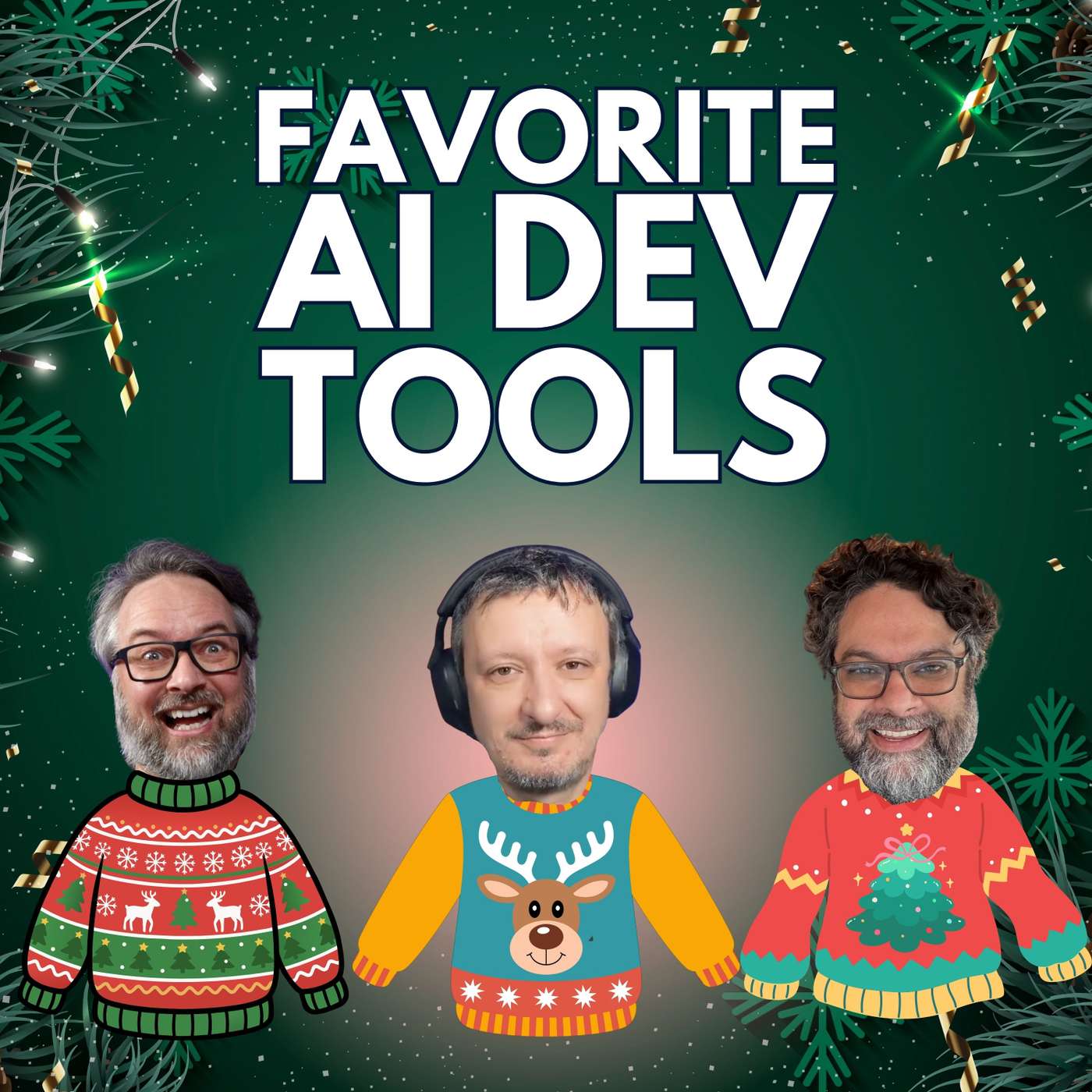
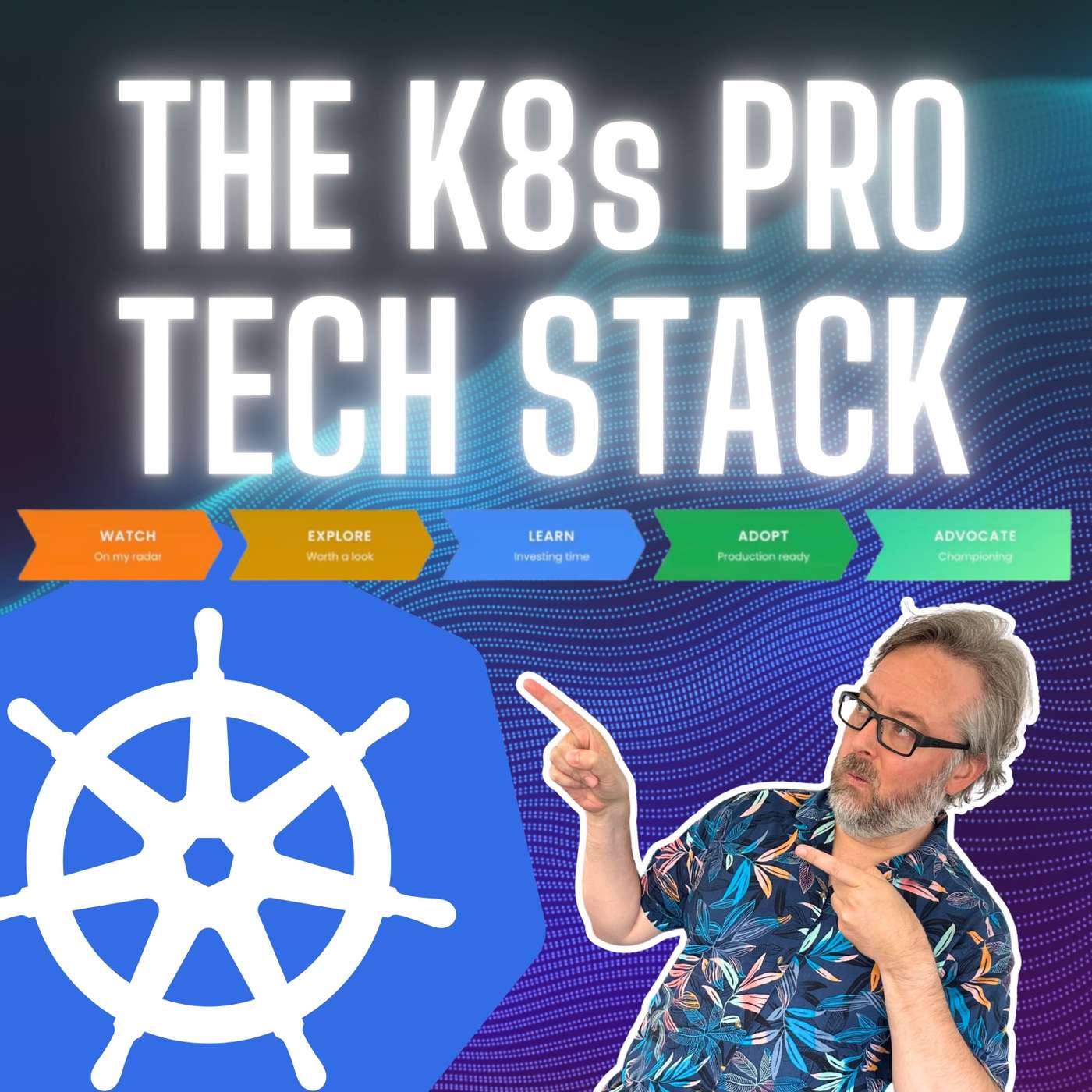
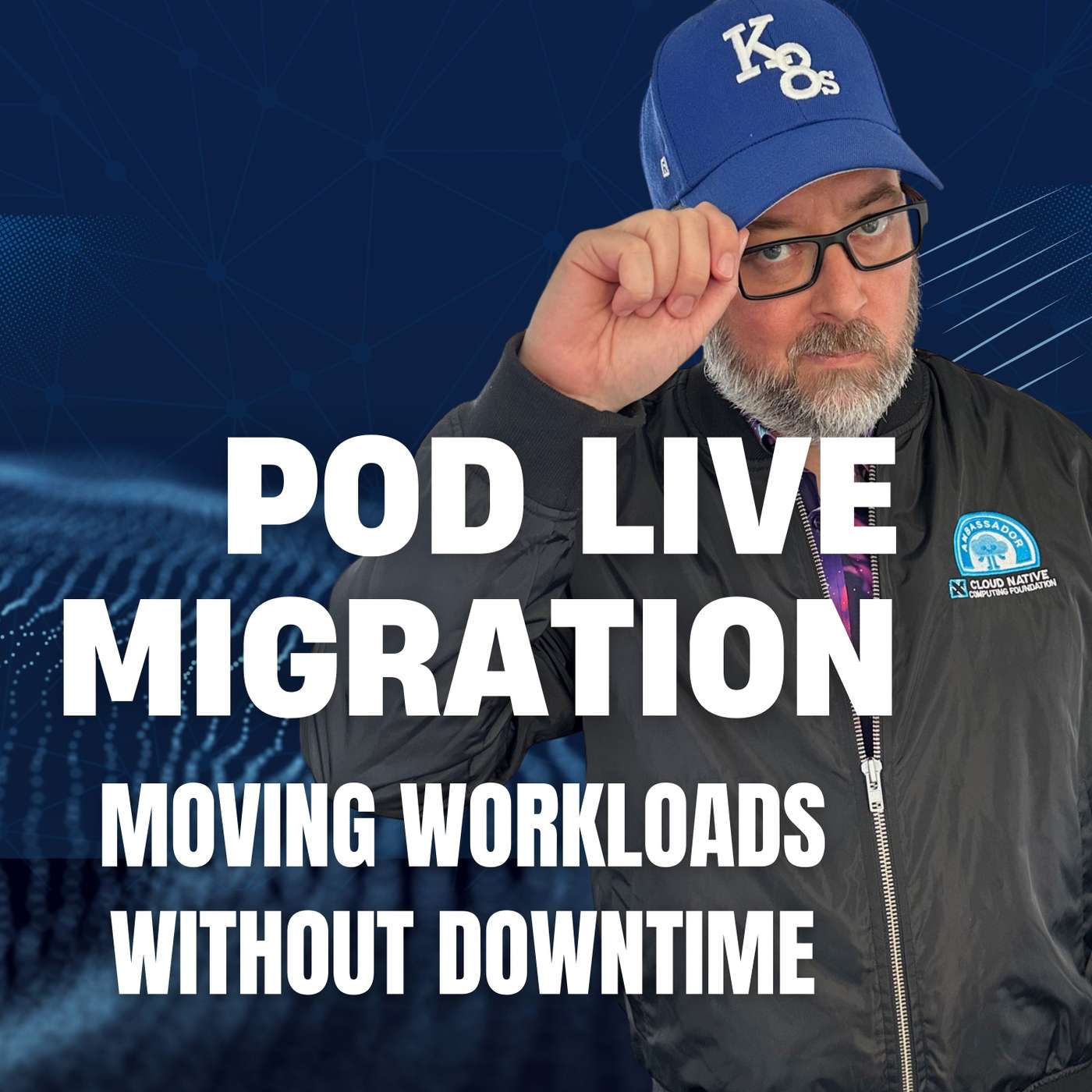
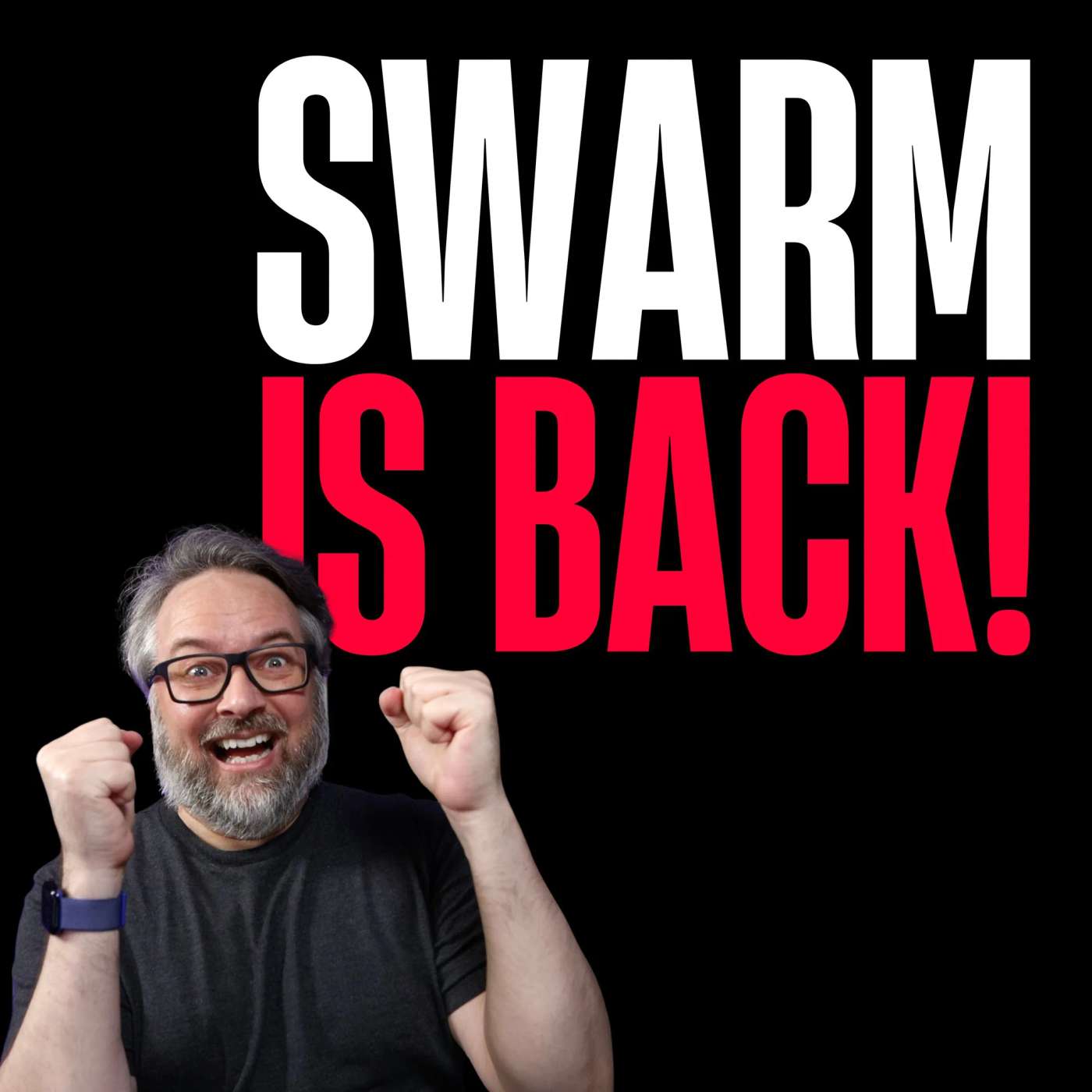
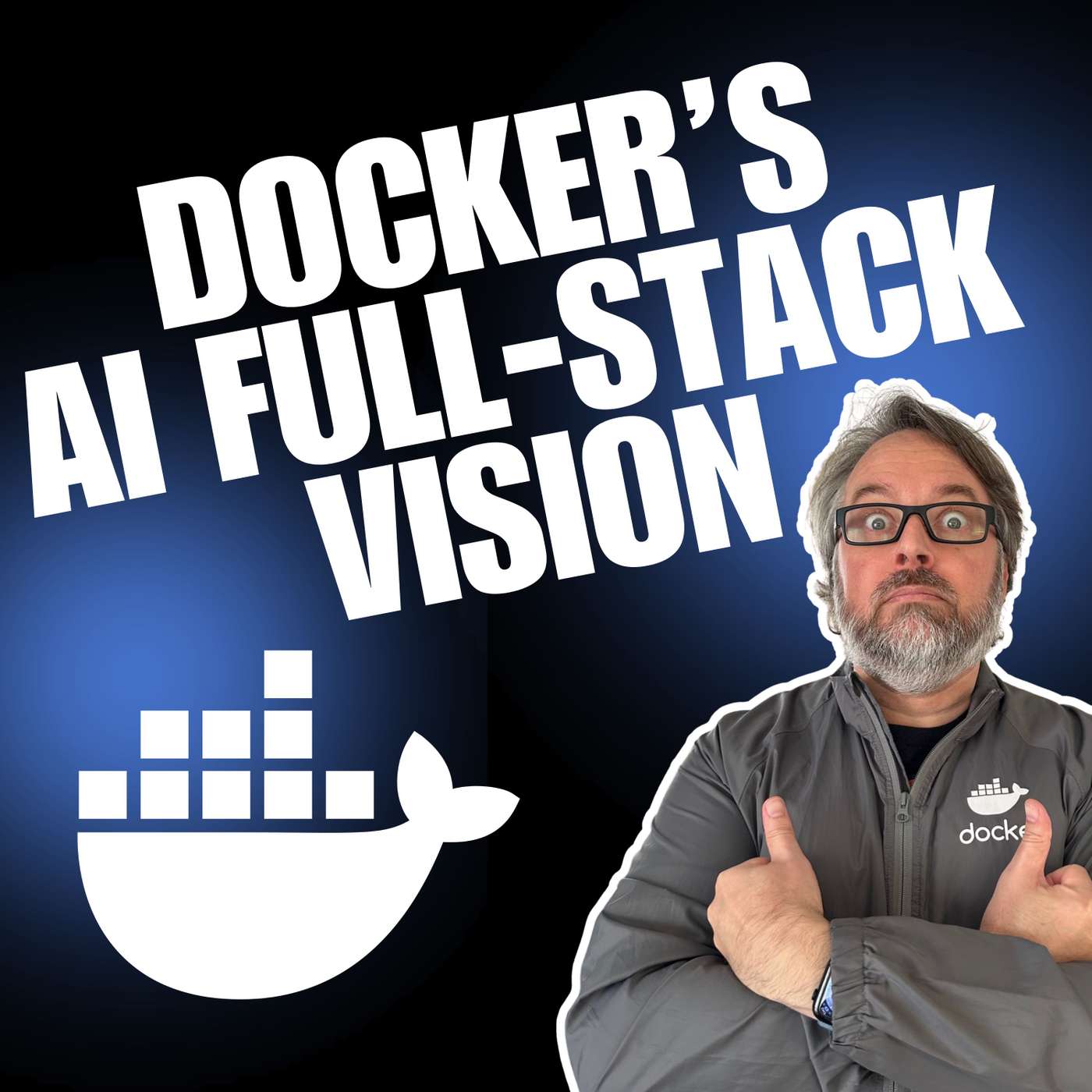
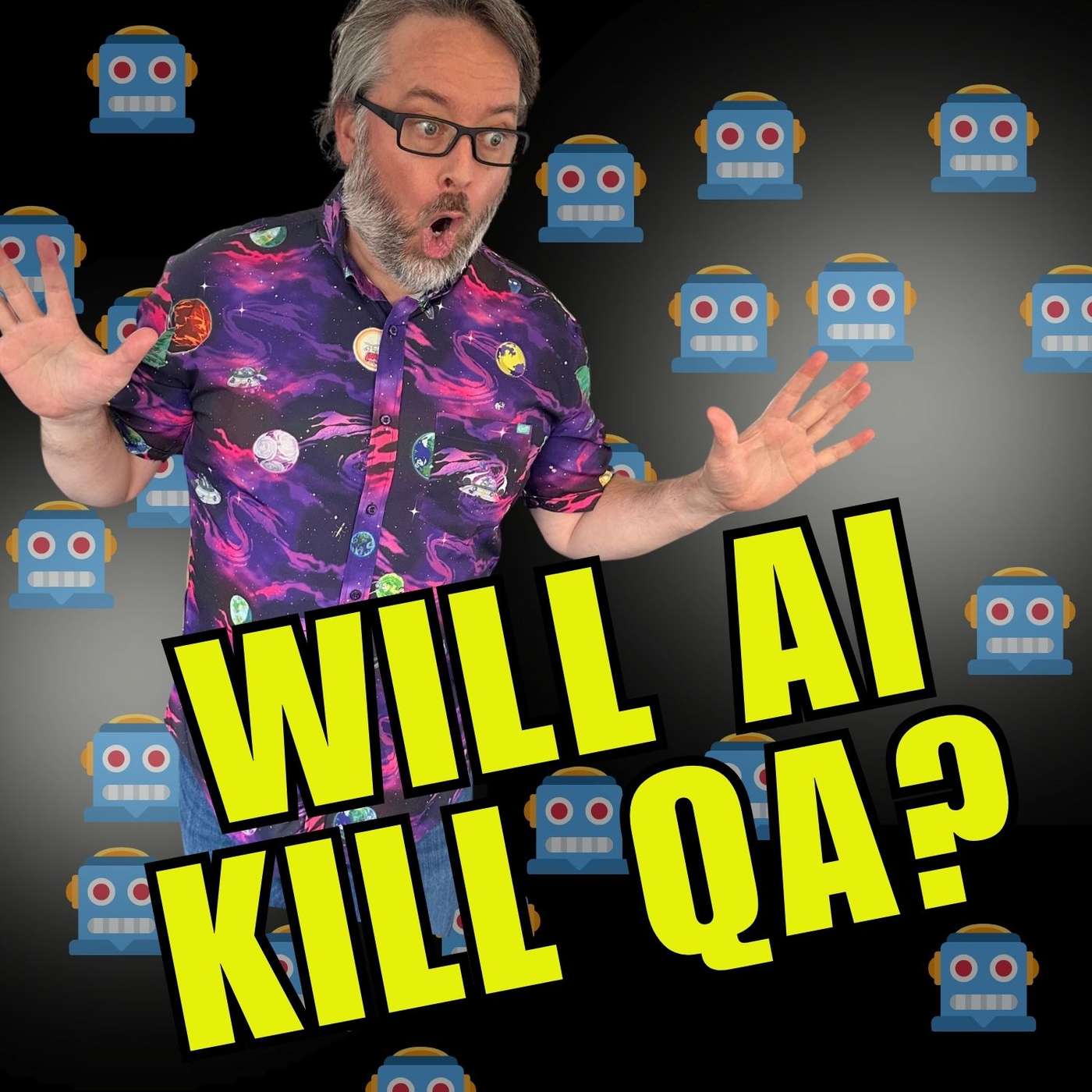
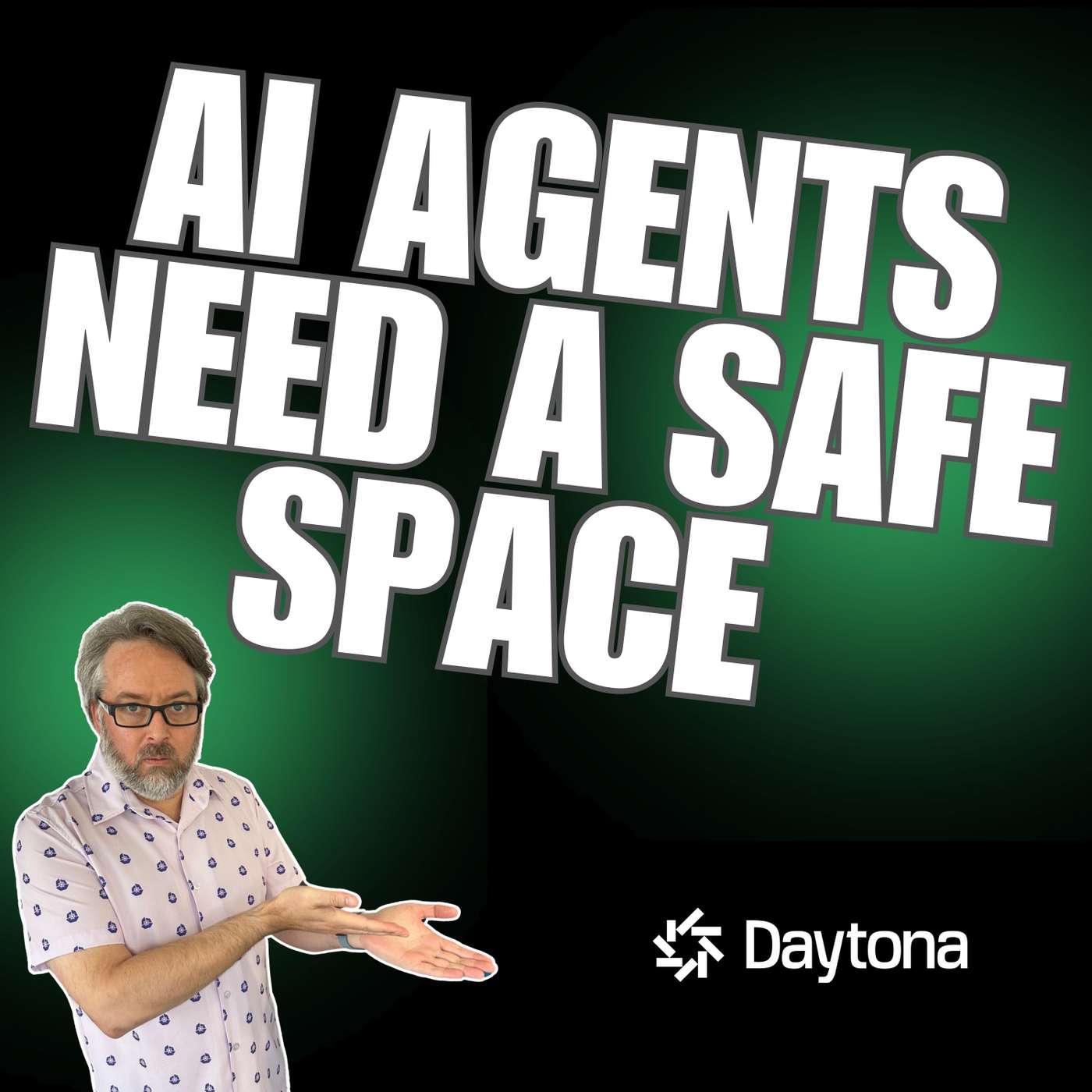
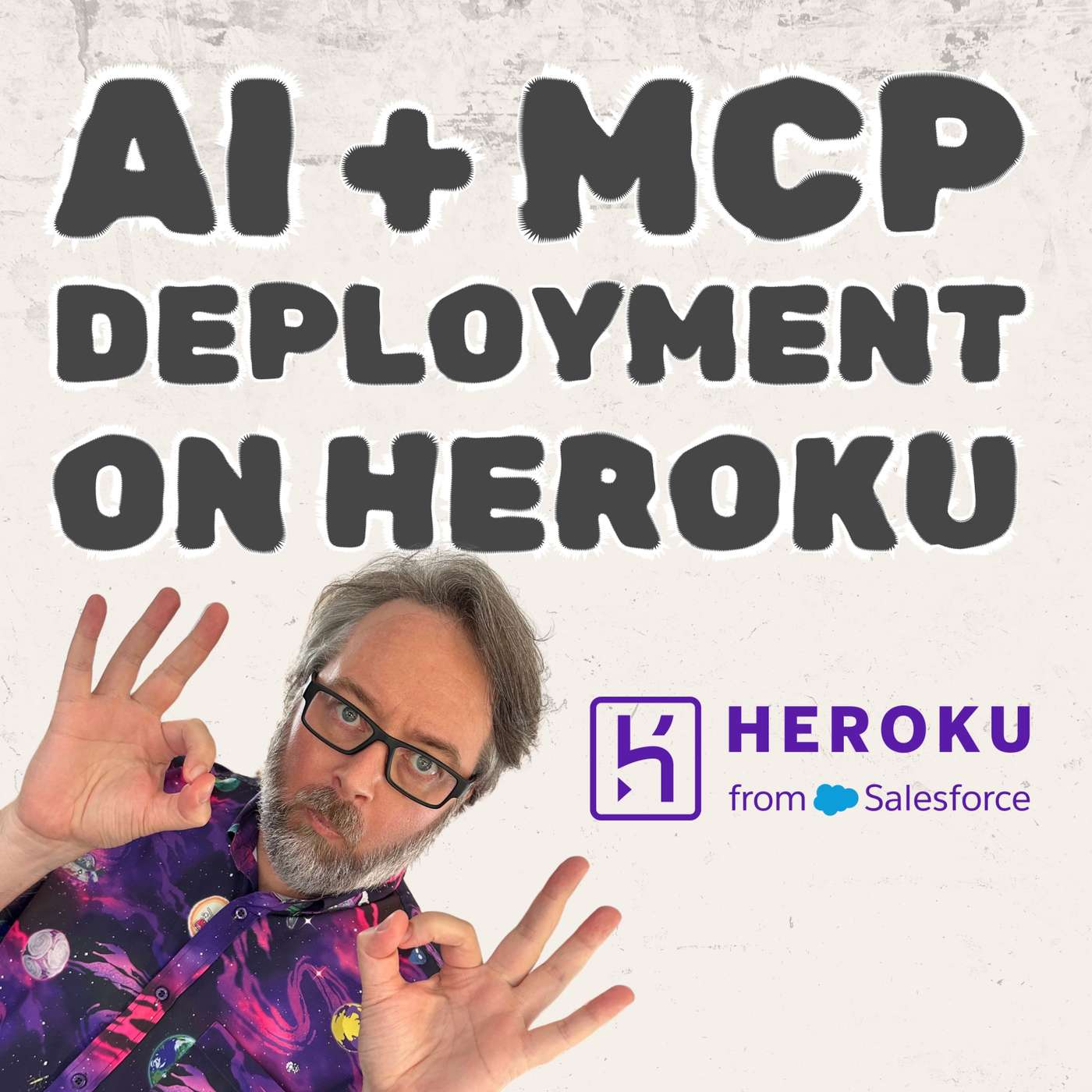
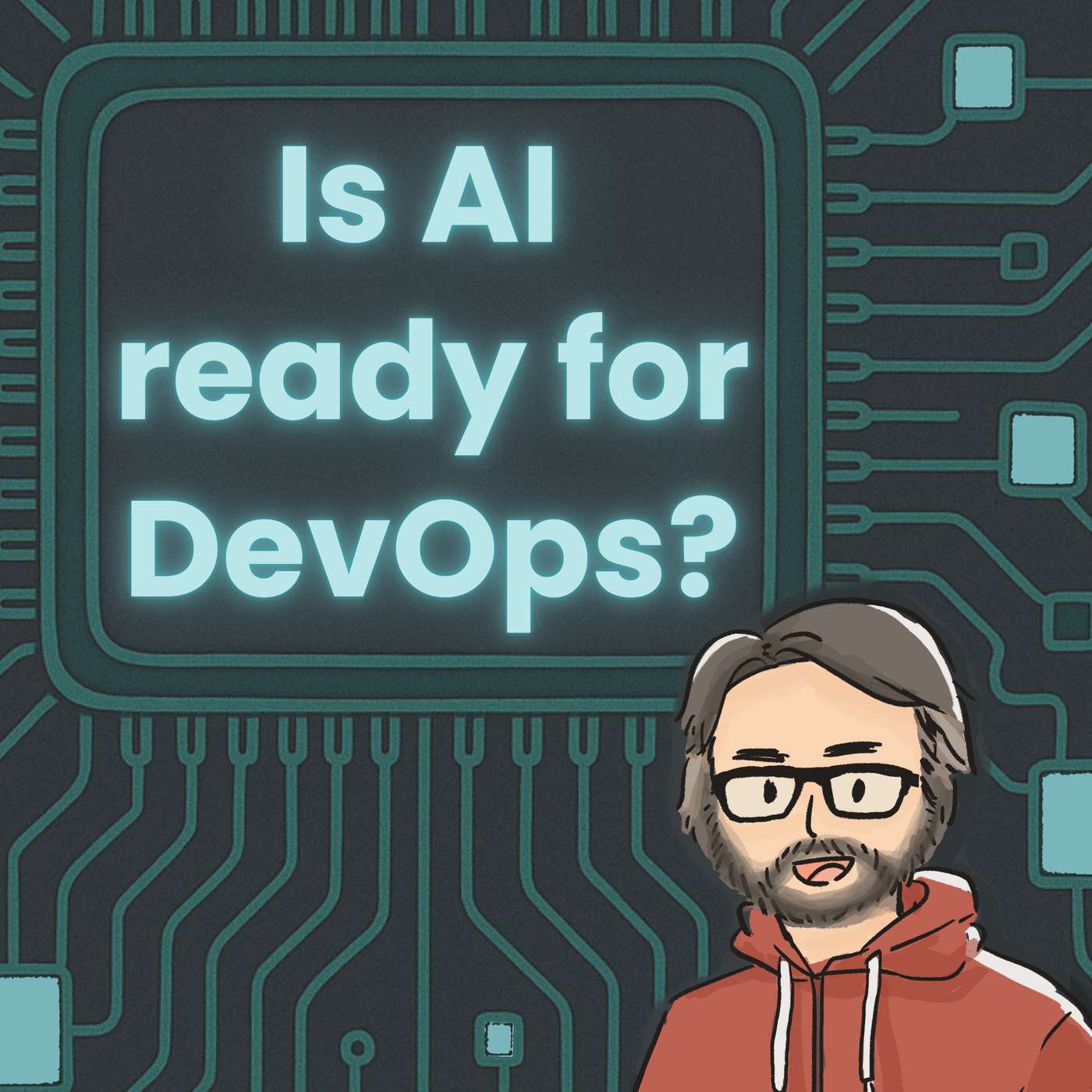
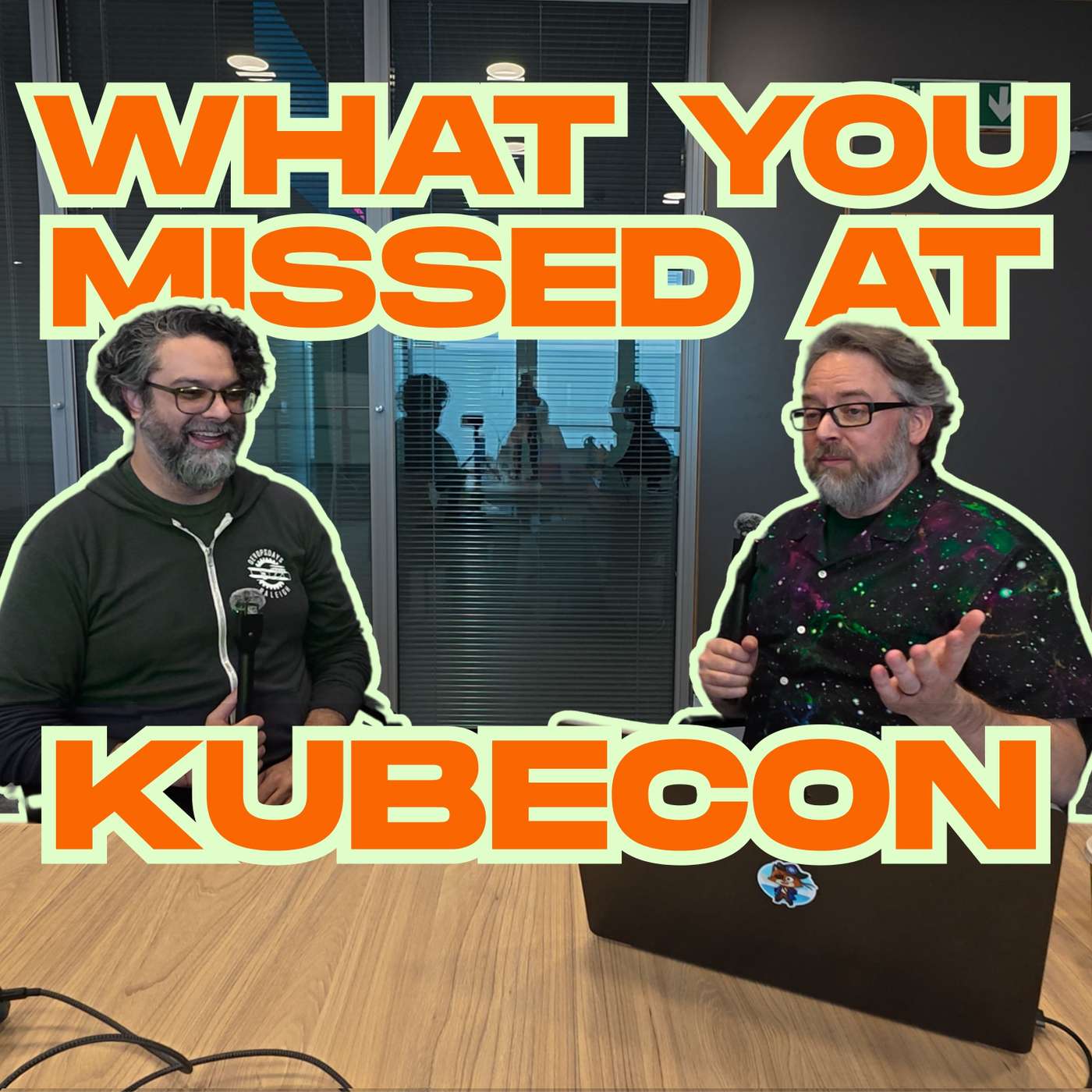
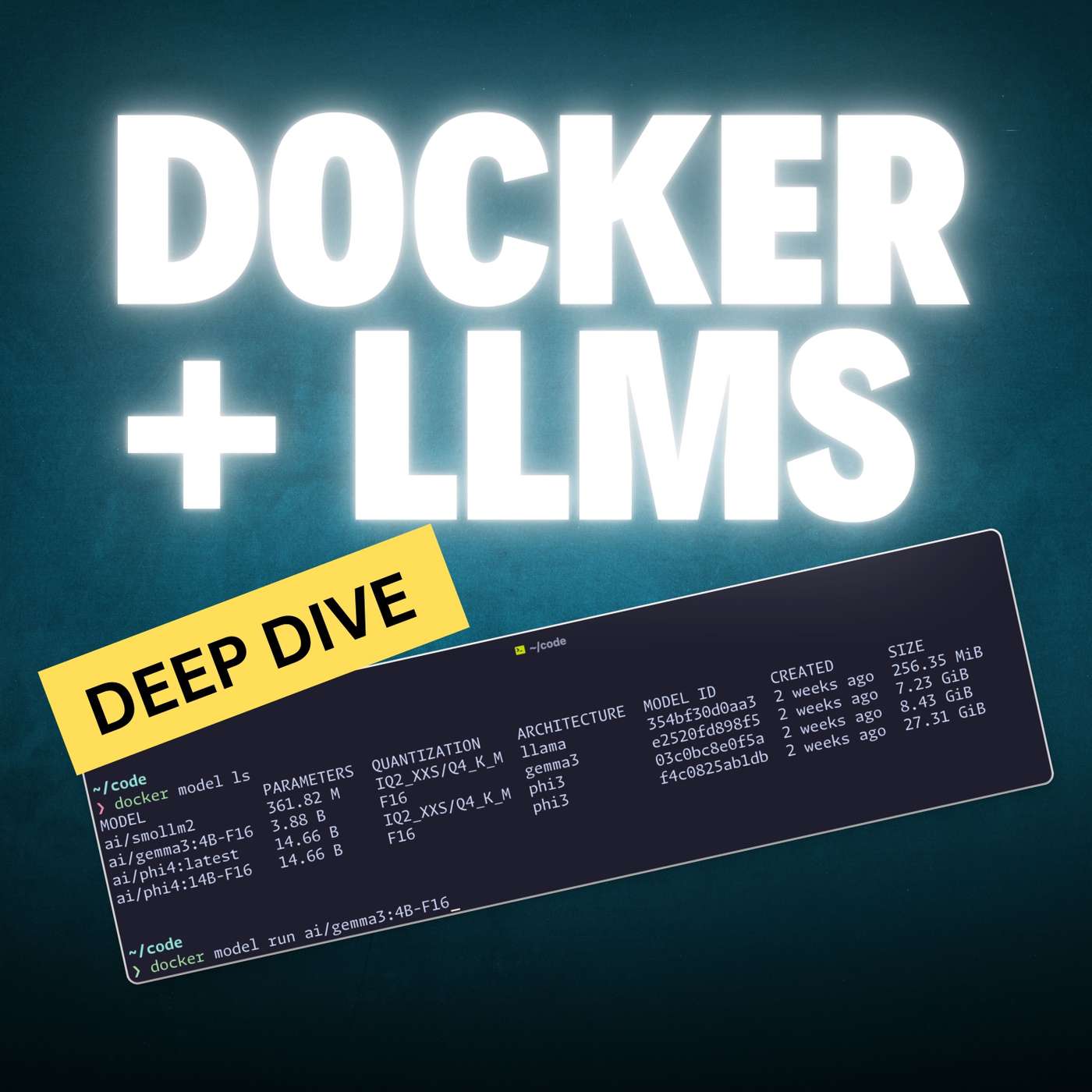
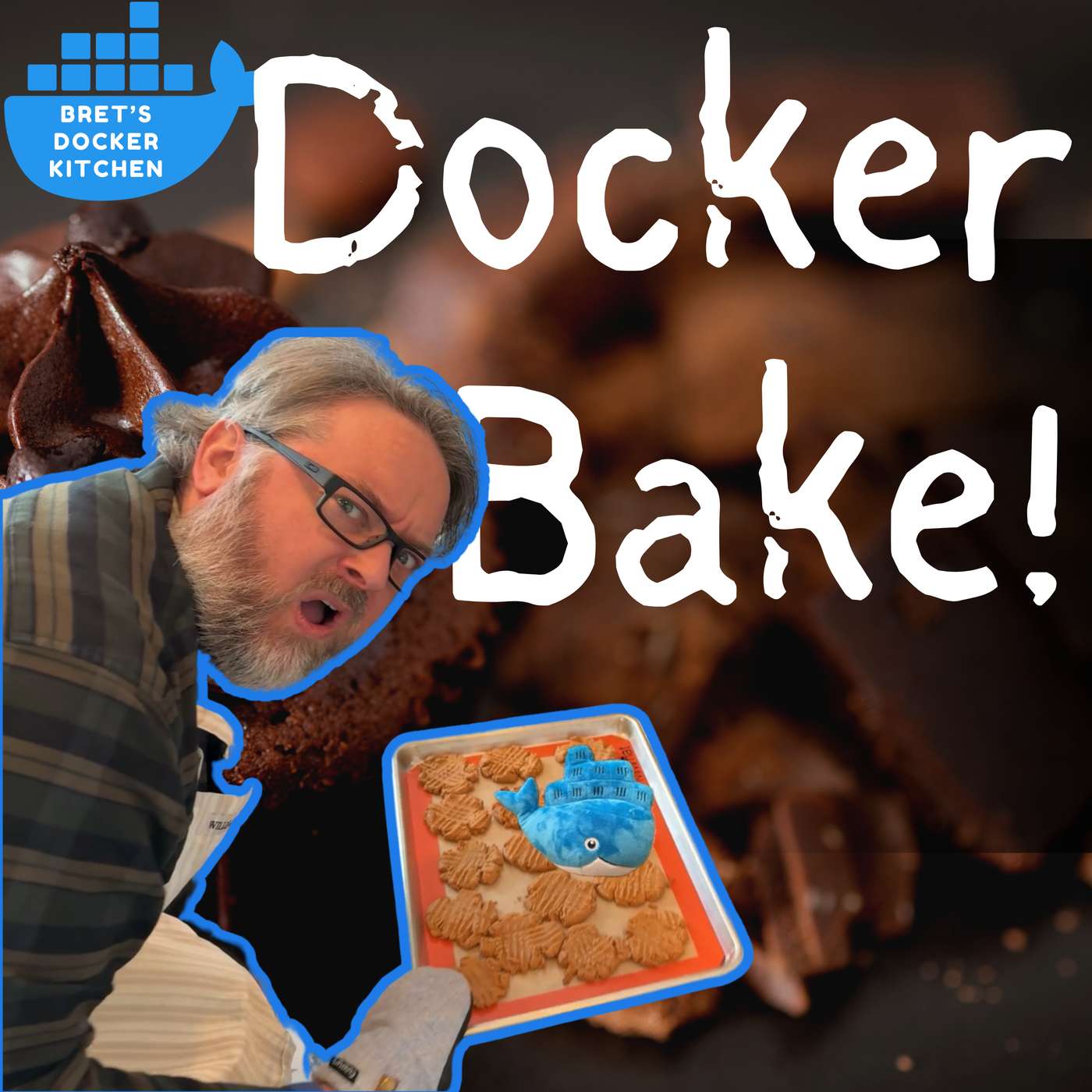
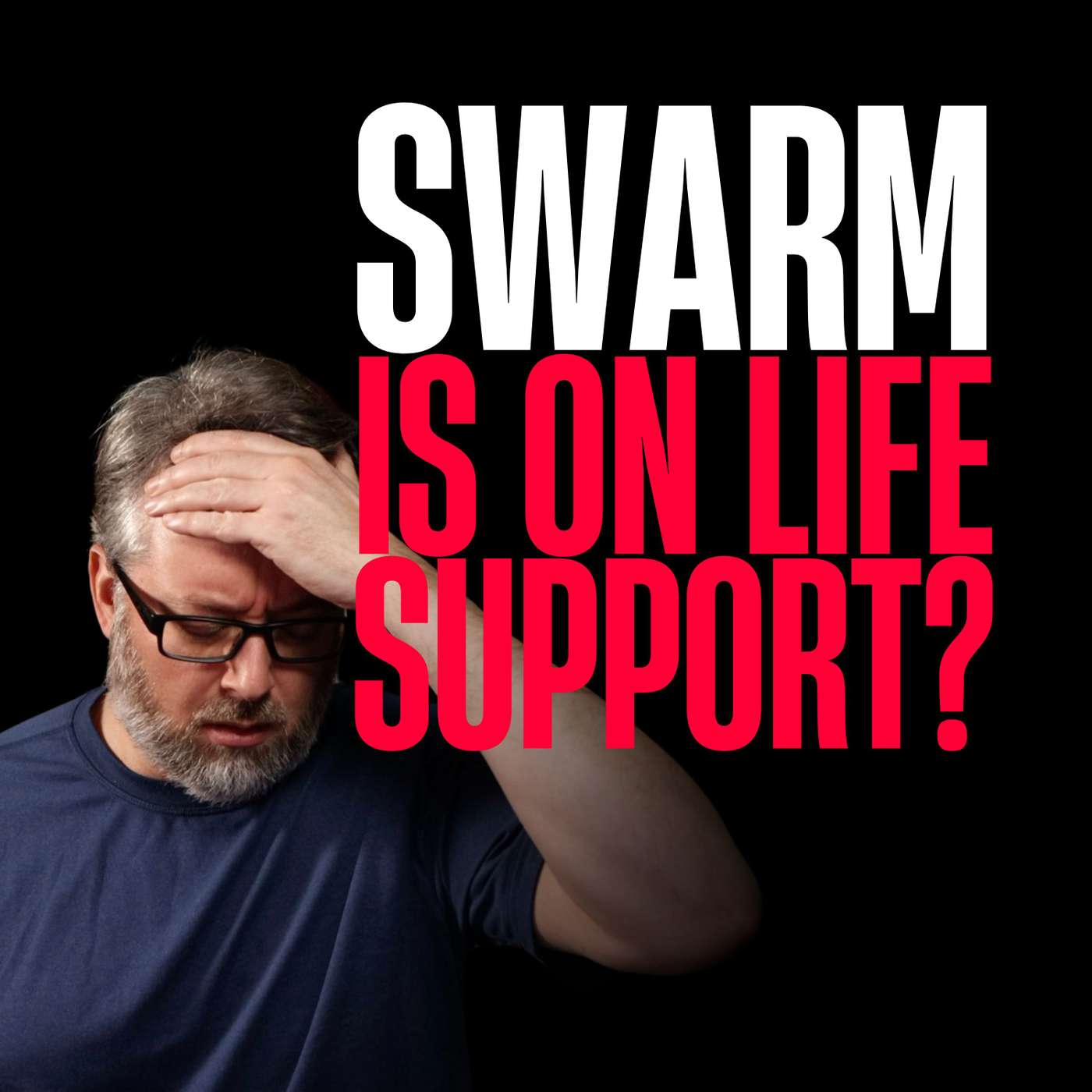
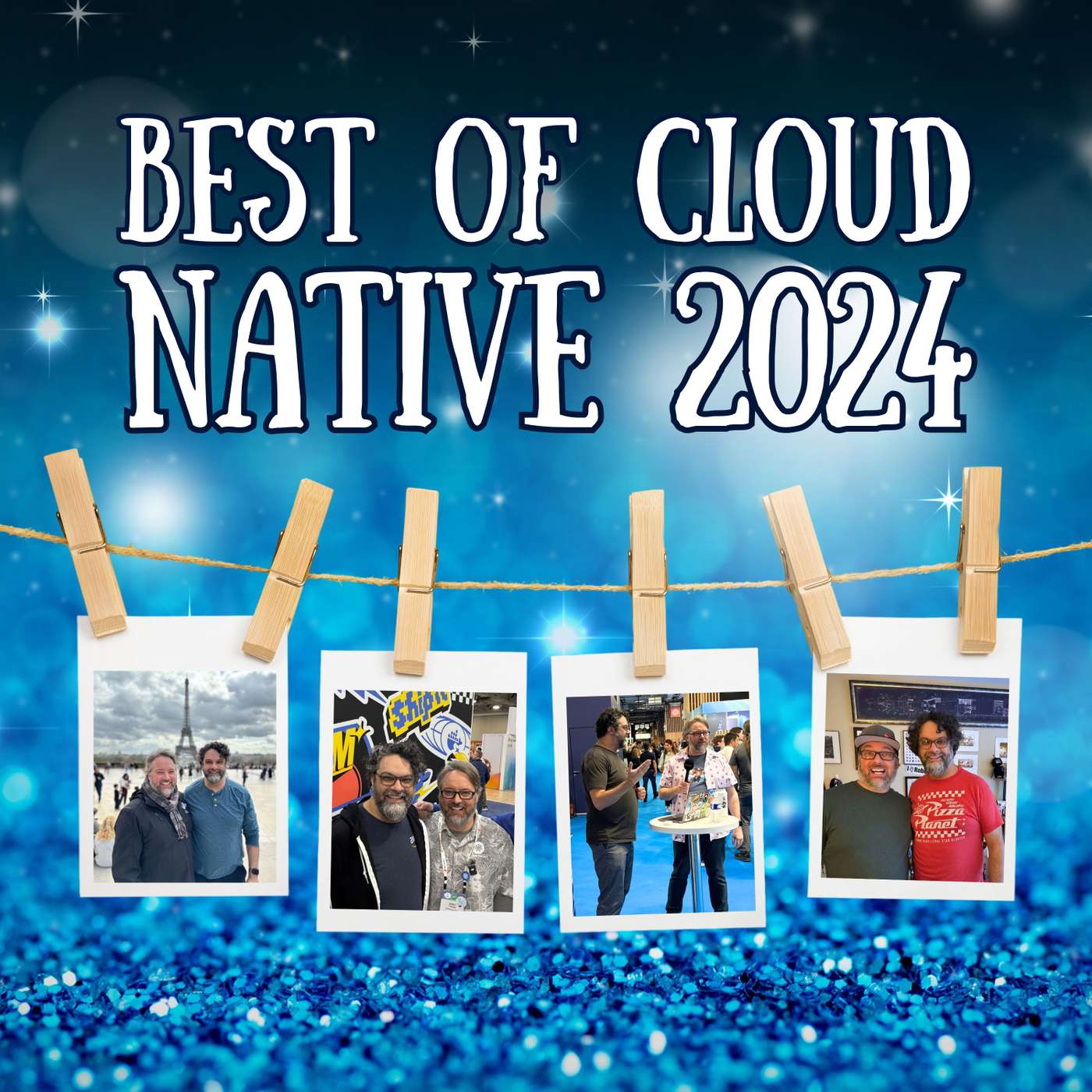
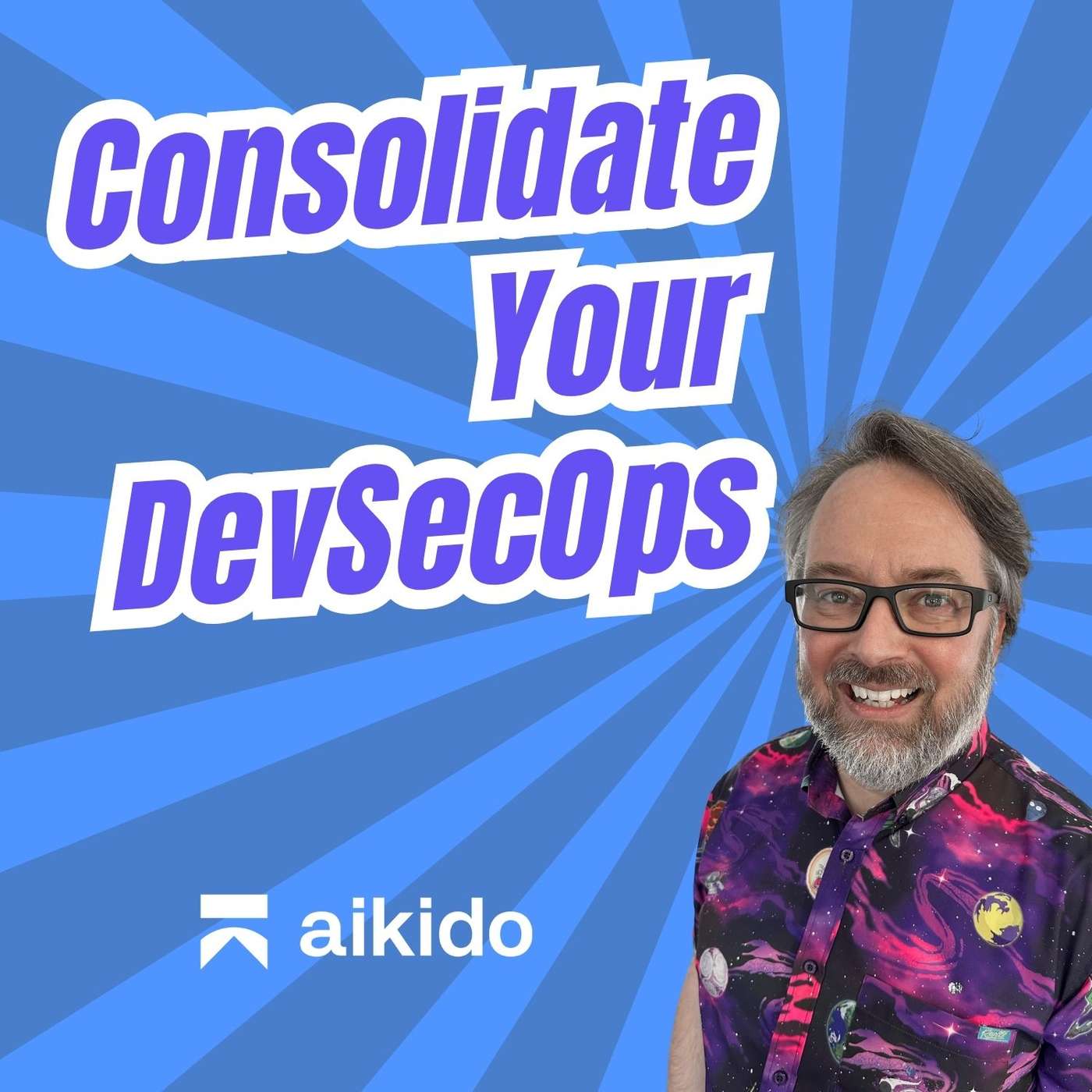



Really insightful article! 🤖 Using AI for DevOps certification preparation is a smart approach, and the collaboration with the KodeKloud team adds a lot of credibility. The tips on smarter learning and exam-focused practice are especially helpful. This is a great read for anyone enrolled in or considering a DevOps Course in Ahmedabad at Highsky IT Solutions and looking to boost their cert prep efficiently.
Auto-sentiment detection https://www.aaira.tech/ utilizes natural language processing (NLP) algorithms to automatically analyze and interpret the emotional tone behind textual data, such as social media posts or customer reviews. By providing real-time insights into public sentiment, businesses can make informed decisions, enhance customer engagement, and tailor their strategies to better meet audience needs.
I would like to point out that the default docker volumes use overlay2, which has some overhead, it does not support O_DIRECT flag either, which can mess with the performance of some database engines such as mysql innodb the overall difference, however is minimal. I would really appreciate it if I was corrected on these 2
i love your podcasts .
you are best teacher for me
Great podcast! Thank you!